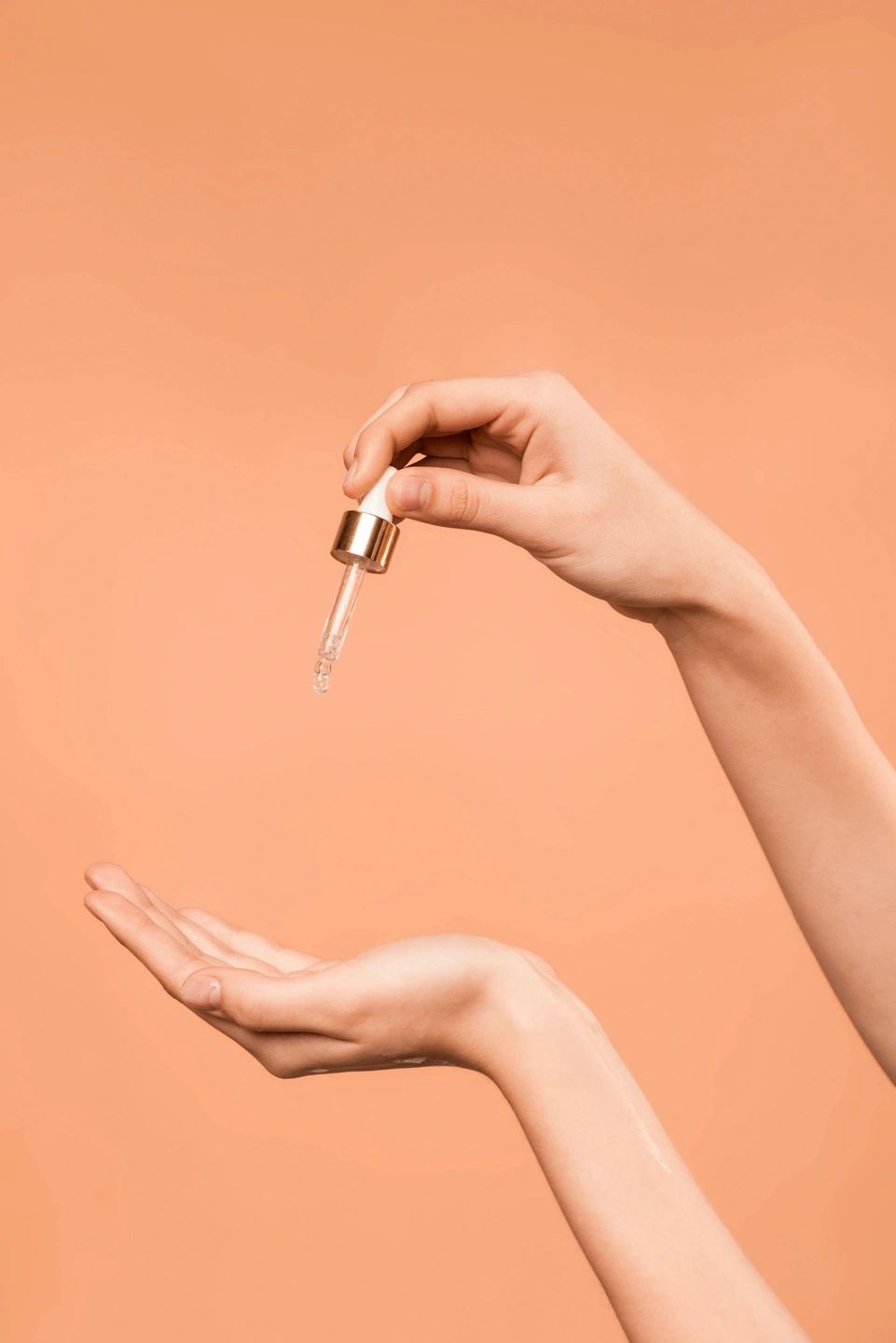In the quest for flawless skin, serums have emerged as potent allies. Their concentrated formulas deliver high-impact ingredients deep into the skin, addressing a myriad of concerns with precision. Whether you’re grappling with dryness, fine lines, or uneven tone, selecting the right serum can be transformative. This guide unravels the mysteries of serums, offering insights on how to choose the ideal one for your unique skin concerns.
What Are Serums?
Serums are specialized skincare products designed to deliver active ingredients to the deeper layers of the skin. Unlike traditional moisturizers, which primarily focus on hydrating the surface, serums boast a high concentration of active compounds, such as vitamins, antioxidants, and peptides. Their lightweight, fast-absorbing texture ensures that these ingredients penetrate effectively, providing targeted treatment. The distinction between serums and other skincare staples lies in their formulation: while moisturizers form a barrier to lock in moisture, serums work on a deeper level to address specific issues.
Types of Serums and Their Functions
Hydrating Serums: These are essential for quenching parched skin. Rich in hyaluronic acid, they draw moisture from the environment and lock it in, making them ideal for maintaining skin’s suppleness and elasticity.
Anti-Aging Serums: Formulated to combat the signs of aging, these serums often contain ingredients like retinol and peptides. They work to reduce fine lines, improve skin texture, and promote collagen production, giving your complexion a youthful boost.
Brightening Serums: If uneven skin tone or dark spots are your concerns, brightening serums are your go-to. Typically enriched with vitamin C and niacinamide, they help to even out skin tone and enhance radiance.
Repair Serums: For those dealing with damage from environmental stressors, repair serums offer a restorative touch. They often include antioxidants and soothing agents to repair and protect the skin barrier.
How to Choose the Right Serum for Your Skin Type
Selecting a serum begins with understanding your skin type. Whether your skin is oily, dry, combination, or sensitive, there is a serum tailored to address your needs.
- Oily Skin: Look for lightweight, oil-free serums that control sebum production and help to minimize pores.
- Dry Skin: Opt for hydrating serums with ingredients like hyaluronic acid to boost moisture levels.
- Combination Skin: Choose balanced serums that offer hydration without exacerbating oiliness.
- Sensitive Skin: Seek soothing serums with calming ingredients like chamomile or aloe vera to minimize irritation.
Additionally, match the serum’s function to your primary skin concern, such as choosing anti-aging serums for wrinkles or brightening serums for hyperpigmentation.
Key Ingredients to Look for in Serums
Hyaluronic Acid: A powerhouse for hydration, this ingredient holds up to 1,000 times its weight in water, ensuring your skin remains plump and dewy.
Vitamin C: Renowned for its brightening properties, vitamin C also offers antioxidant protection, helping to combat free radical damage and improve skin clarity.
Retinol: A form of vitamin A, retinol accelerates cell turnover, reduces the appearance of fine lines, and enhances skin texture, making it a cornerstone of anti-aging serums.
Peptides: These amino acid chains stimulate collagen production and repair the skin barrier, contributing to a firmer and smoother complexion.
Application Tips and Best Practices
To maximize the benefits of your serum, apply it on clean, slightly damp skin. A few drops are typically sufficient; gently press the serum into your skin using your fingertips. For optimal results, use the serum twice daily—morning and evening—followed with a moisturizer to lock in the active ingredients. Avoid layering too many serums, as this can dilute their efficacy and lead to skin irritation.
Common Mistakes to Avoid
Overusing Serums: Less is more with serums. Excessive application can lead to irritation and diminish the effectiveness of the product.
Using Incompatible Products: Some ingredients can interact negatively. For instance, combining retinol with vitamin C may irritate. Ensure compatibility before layering.
Ignoring Skin Reactions: Always pay attention to how your skin responds to new products. Discontinue use if you experience adverse reactions and consult a dermatologist if necessary.
Summary
Serums offer a specialized approach to skincare, addressing various concerns with targeted ingredients. By understanding the types of serums available and selecting one that aligns with your skin type and concerns, you can harness their full potential. Remember to apply serums correctly and be mindful of common pitfalls to achieve radiant, healthy skin. With the right serum in your routine, your skincare regimen can become a more effective and enjoyable experience.
Please like, comment, and share this article if you found it helpful and
informative.
Visit https://bigtownbulletin.com if you would like to see more of this content.
Please like, comment, and share this article if you found it helpful and
informative.
For more news check out Big Town Bulletin News
For more from Big Town Bulletin check out Big Town Bulletin


